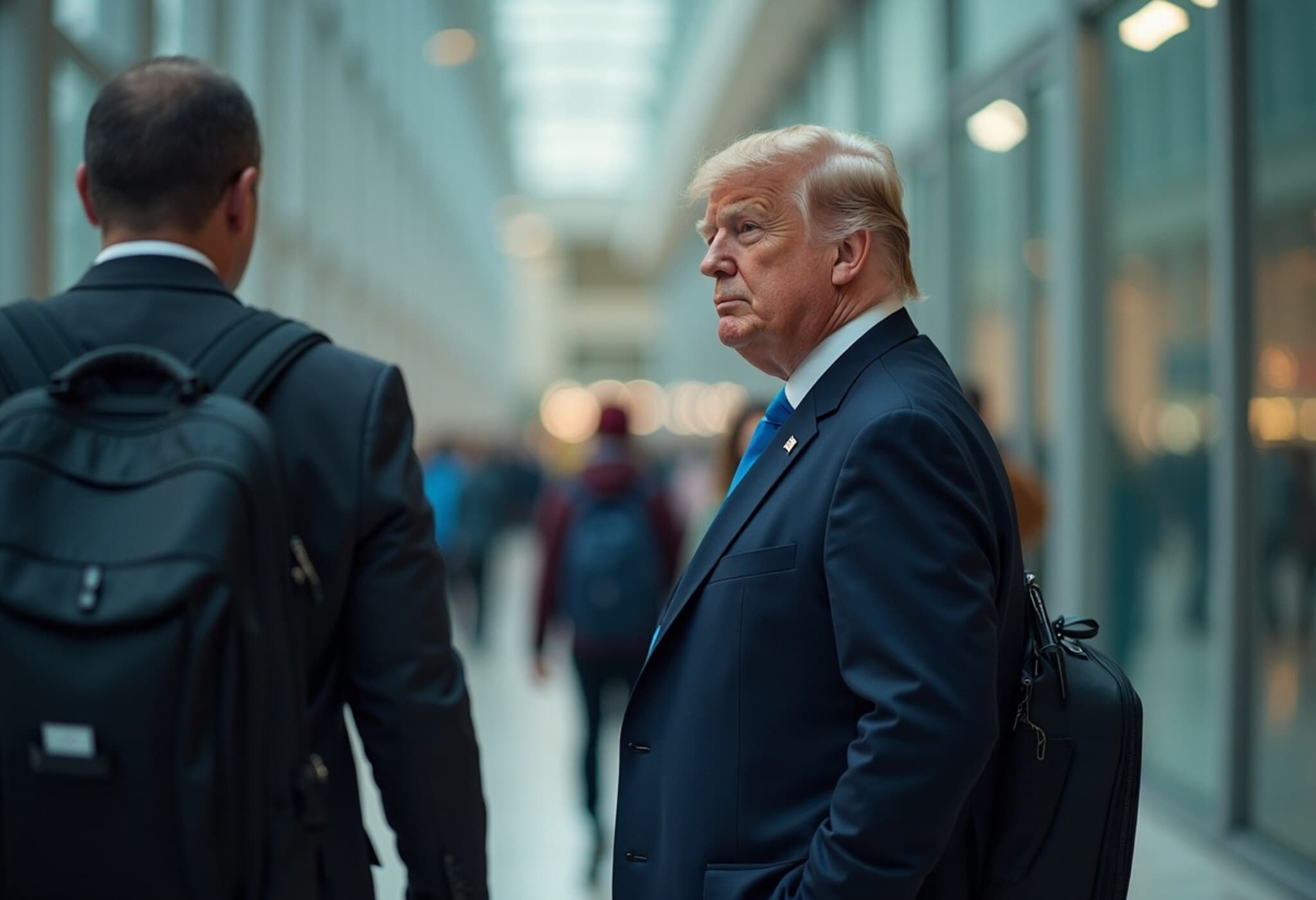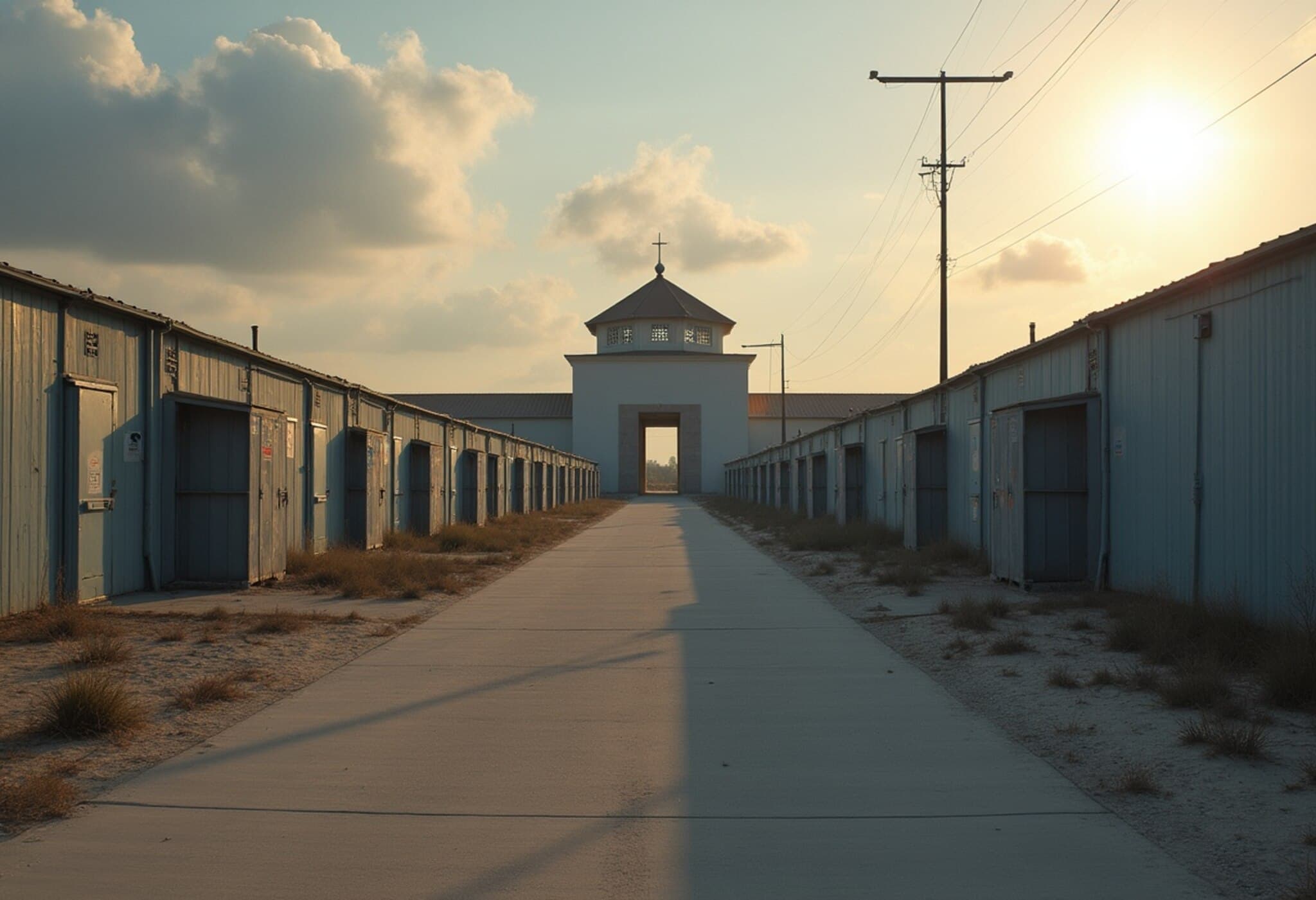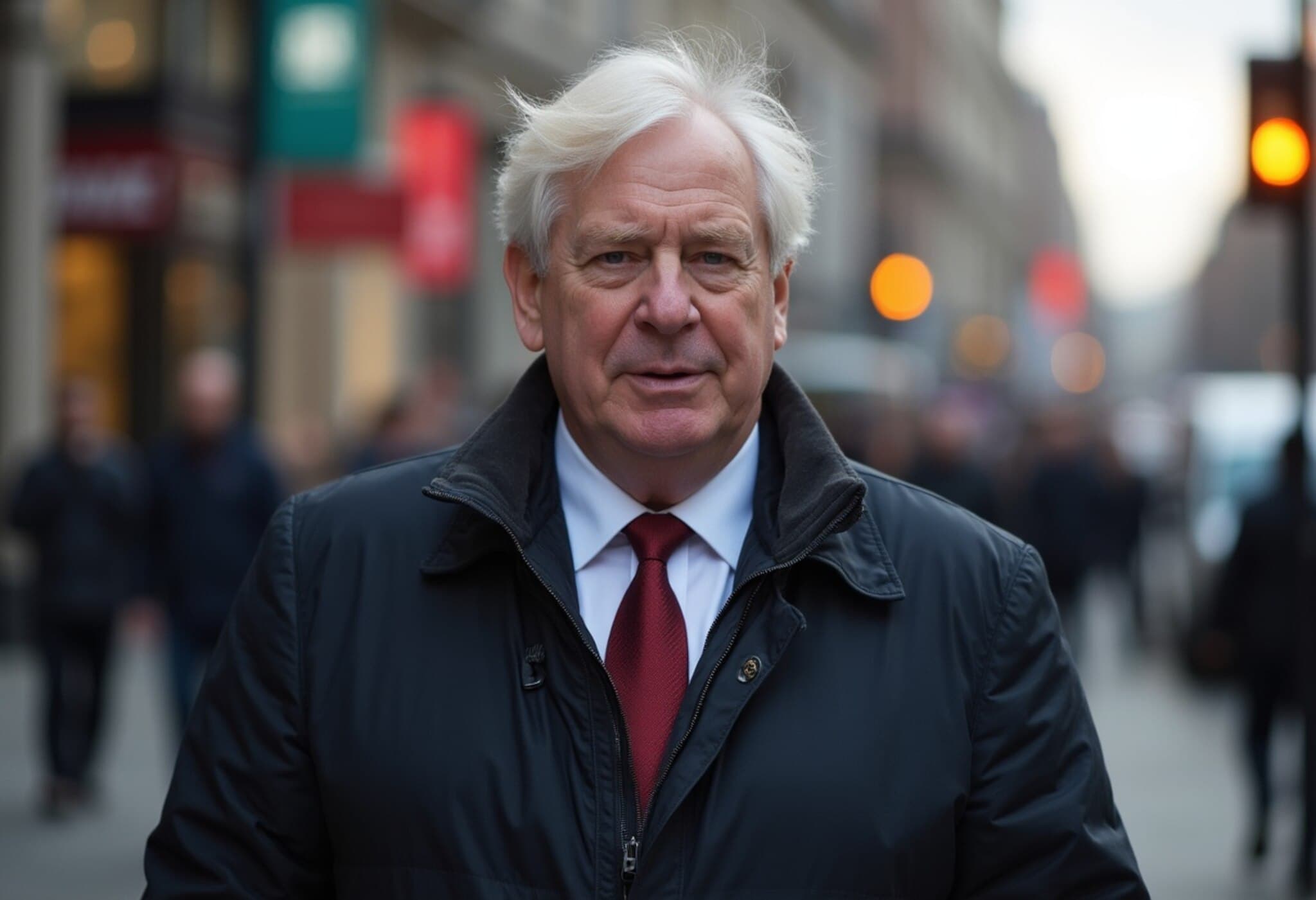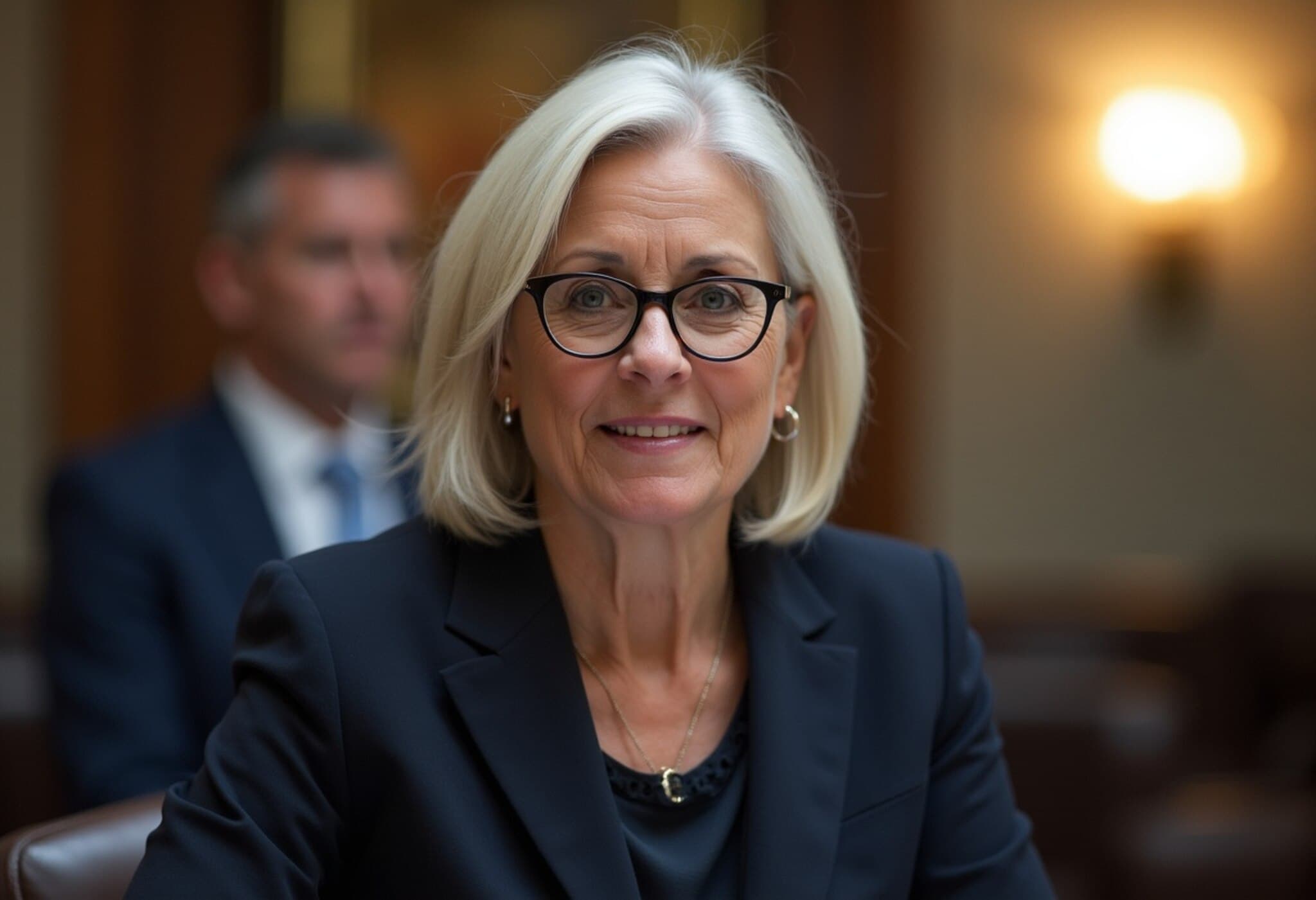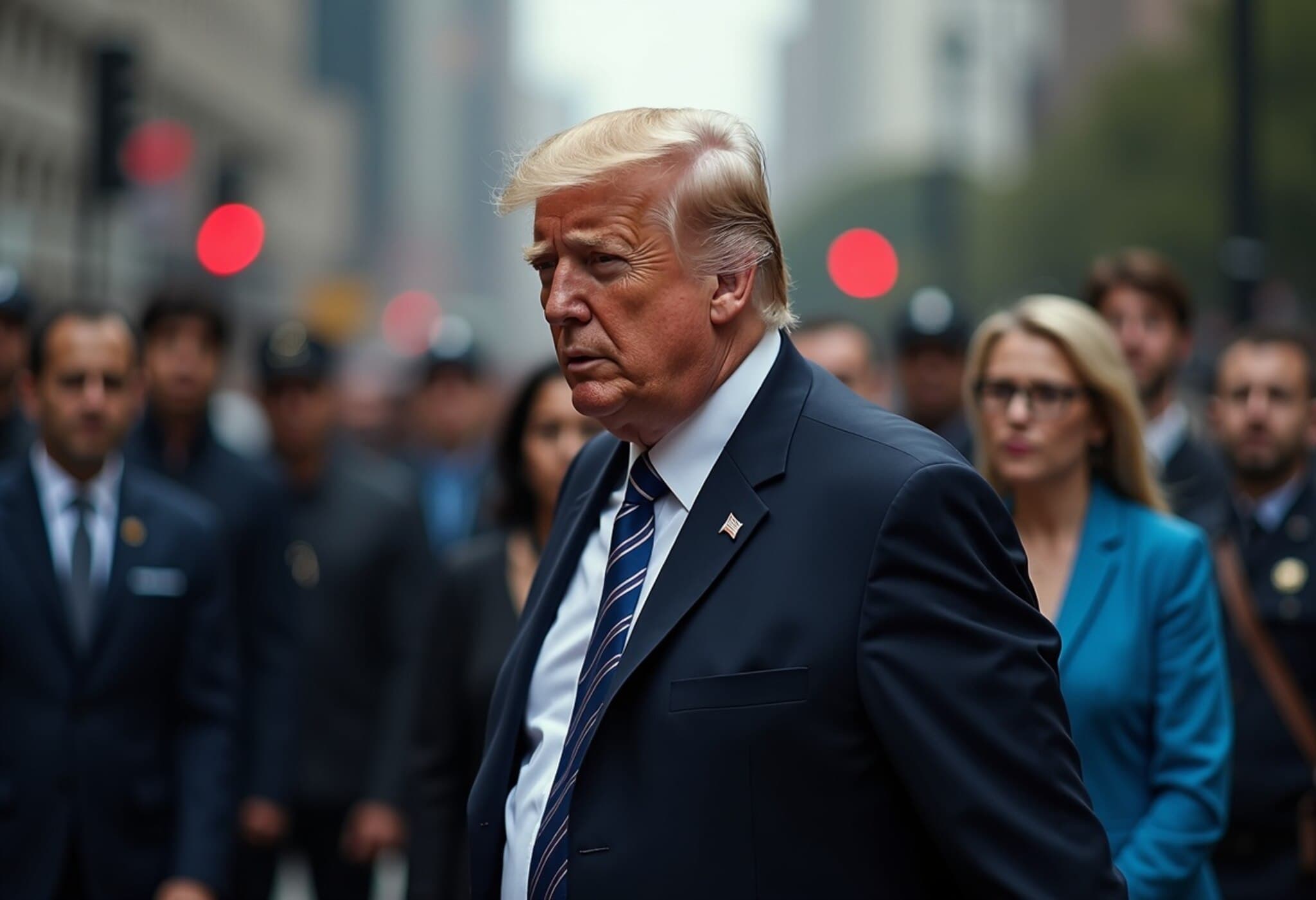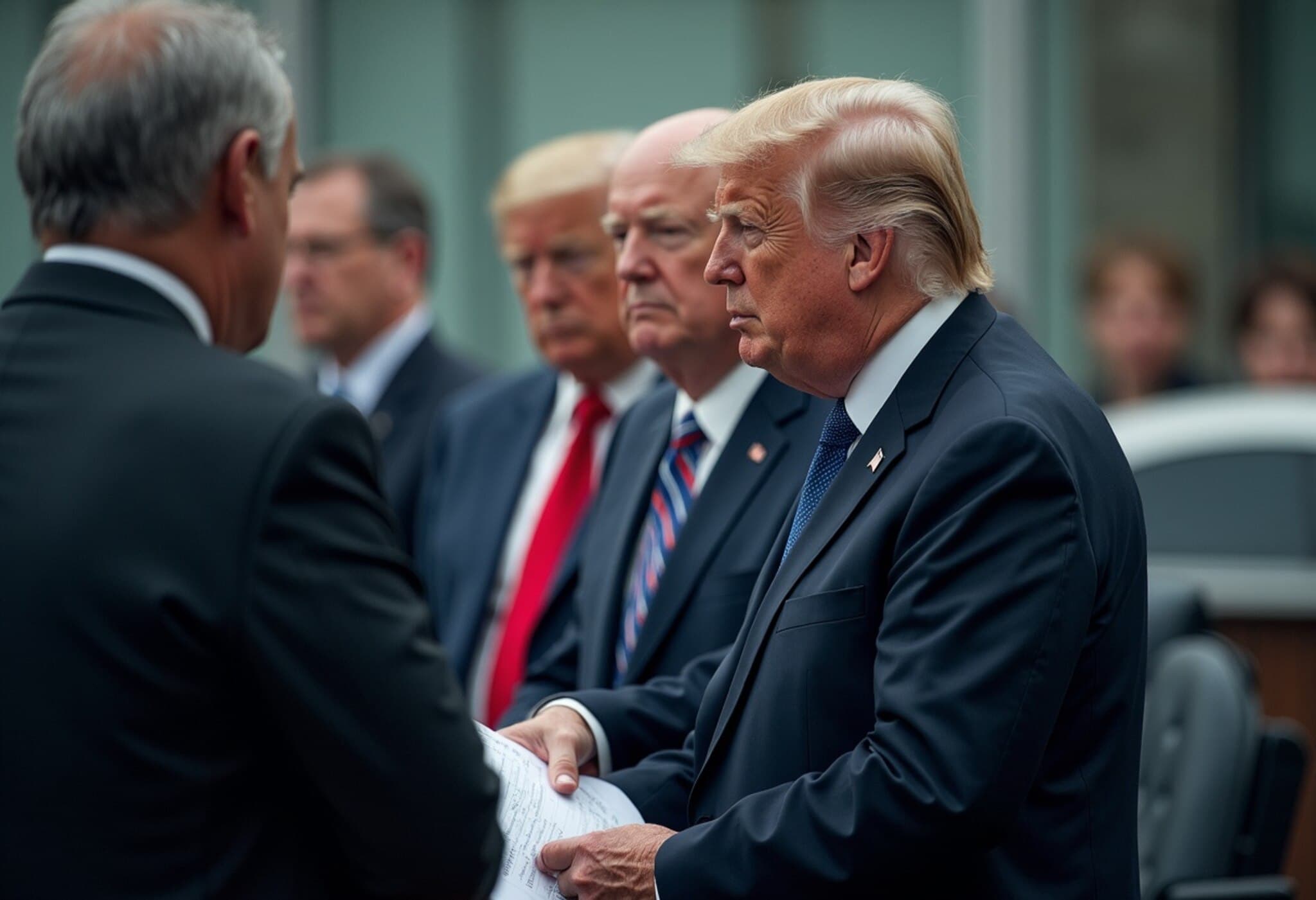US Government Mulls Broadening Travel Restrictions to Additional Nations
The US administration is reportedly contemplating a major expansion of its travel ban, potentially adding 36 countries to the list of restricted nations. This move follows recent policies aimed at tightening immigration and enhancing national security.
Background of Current Travel Restrictions
Earlier this month, a presidential proclamation came into effect barring entry from 12 countries. This directive was justified as necessary to shield the United States from threats posed by “foreign terrorists” and other security risks. It forms part of a broader immigration crackdown initiated at the beginning of the current presidential term, which has also involved mass deportations and restrictions on certain foreign students.
Key Reasons Behind Potential Expansion
An internal memo issued by the State Department outlined 12 concerns regarding the 36 nations under scrutiny. The cable, signed by the Secretary of State, warned that these countries might face full or partial entry suspensions unless they meet specific benchmarks within a 60-day period.
- Many lack reliable, secure identity documentation processes.
- National governments are often uncooperative in facilitating the removal of their nationals from the US.
- Issues such as prolonged overstays by visitors and questionable passport integrity were noted.
- Some nationals from these countries have been implicated in acts of terrorism or anti-American activities within the US.
It’s important to note that not all concerns apply uniformly to every country listed.
Official Statements and Policy Stance
A senior State Department official emphasized the ongoing effort to protect American citizens by constantly reevaluating policies. The official reaffirmed the department’s commitment to upholding stringent national security standards through rigorous visa processes.
Countries Potentially Affected
If corrective steps are not taken, the following countries could see travel bans imposed either fully or partially:
- Angola, Antigua and Barbuda, Benin, Bhutan, Burkina Faso, Cabo Verde, Cambodia, Cameroon, Côte d'Ivoire, Democratic Republic of Congo
- Djibouti, Dominica, Ethiopia, Egypt, Gabon, The Gambia, Ghana, Kyrgyzstan, Liberia, Malawi
- Mauritania, Niger, Nigeria, Saint Kitts and Nevis, Saint Lucia, Sao Tome and Principe, Senegal, South Sudan, Syria, Tanzania
- Tonga, Tuvalu, Uganda, Vanuatu, Zambia, Zimbabwe
This expansion is substantial, compared to the initial 12 countries banned earlier which include Afghanistan, Myanmar, Chad, Congo Republic, Equatorial Guinea, Eritrea, Haiti, Iran, Libya, Somalia, Sudan, and Yemen. Additionally, partial restrictions have been placed on citizens from seven other countries, such as Burundi and Venezuela.
A Brief History of Travel Bans
During the first term in office, the administration implemented an earlier version of the travel ban targeting seven Muslim-majority nations. Though it underwent multiple revisions, it was ultimately upheld by the Supreme Court in 2018.

